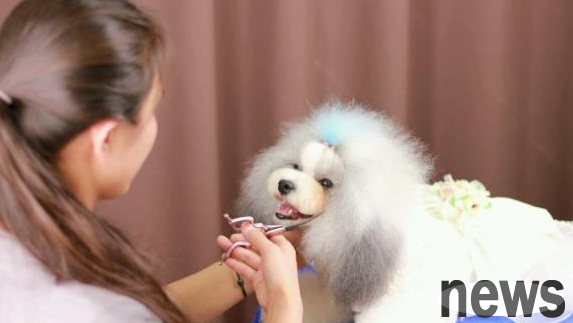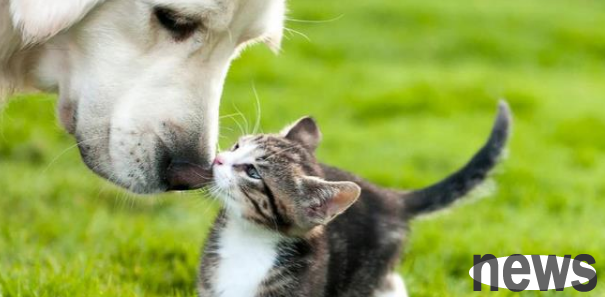Pets all have one thing in common, that is, they are greedy. Whether it is meat, household dish towels, rocks or rawhide, it may all become delicacies in their mouths. Pets have limited ability to identify food. If they are not taken care of properly, they are likely to swallow food by mistake and cause serious consequences. Although many instruments can now detect the condition, it is better to pay more attention in normal times. Today we will focus on sharing how to deal with intestinal obstruction?

It is not easy to see that many dogs have gastrointestinal problems in the early stages. Maybe they are just listless or have a loss of appetite. Some foreign objects will pass through the dog's gastrointestinal tract inadvertently. If not treated in time, it will cause big problems. There are two general treatment methods in professional hospitals, one is to induce vomiting with drugs, and the other is surgical treatment. No matter which method is used, the primary problem must be discovered in time.

Dangerous items include kebabs, wooden skewers, and objects such as thread or string that can pierce the stomach or intestinal wall. If you see a rope or line hanging from your dog's rear, don't try to pull it out; it could damage their body tissue. Vomiting or reflux may be the first clue that a dog has an obstruction, but few people know that vomiting and reflux are two different things. Vomiting involves a bulging of the abdomen and may indicate a stomach or small bowel obstruction. Reflux, on the other hand, is when a dog tries to swallow food but then goes back to it. This usually occurs when a foreign object blocks the esophagus (the tube that carries food from the mouth to the stomach).

Other signs of potential disorders include loss of appetite, diarrhea, and what we veterinarians collectively classify as appetite problems, a phrase we use to describe an animal that is moody, listless, or unhappy for no apparent reason. Vomiting, coughing, and pawing at your mouth or neck may be signs that something is stuck in your esophagus. If your dog has a messy eating habit and shows any of these signs, it's a good idea to take him to the vet to check for a blockage.

Depending on the physical exam, x-rays, and the type of object that may have been swallowed, your veterinarian may recommend that you wait a day or two before doing further diagnostic testing to gain more information, or that you perform surgery immediately to remove what your dog ingested. Puppies in general may be more likely to chew and swallow foreign objects. Sometimes wisdom comes with age and the dog learns not to do this, but many dogs continue this behavior throughout their lives. If you have pets at home, it’s best to keep their favorite things out of easy reach. In this case, it's definitely better to be safe than sorry.

Cats are different from dogs. They don’t like to swallow hard objects. When eating food, they usually lick it. Therefore, they will choose to abandon buttons that are obviously sharp or make them feel dangerous. If these things are eaten by mistake, they are likely to penetrate the entire intestine and cause gastrointestinal obstruction through the digestive system. In addition, some plastic products and bones can affect gastrointestinal discomfort. Friends with pets should pay special attention to these. In fact, pets are not difficult to raise, but the food suitable for each category is slightly different. Especially for some office workers, dogs are not suitable for feeding. On the contrary, cats are more independent and can take good care of themselves, so they are a good choice.
